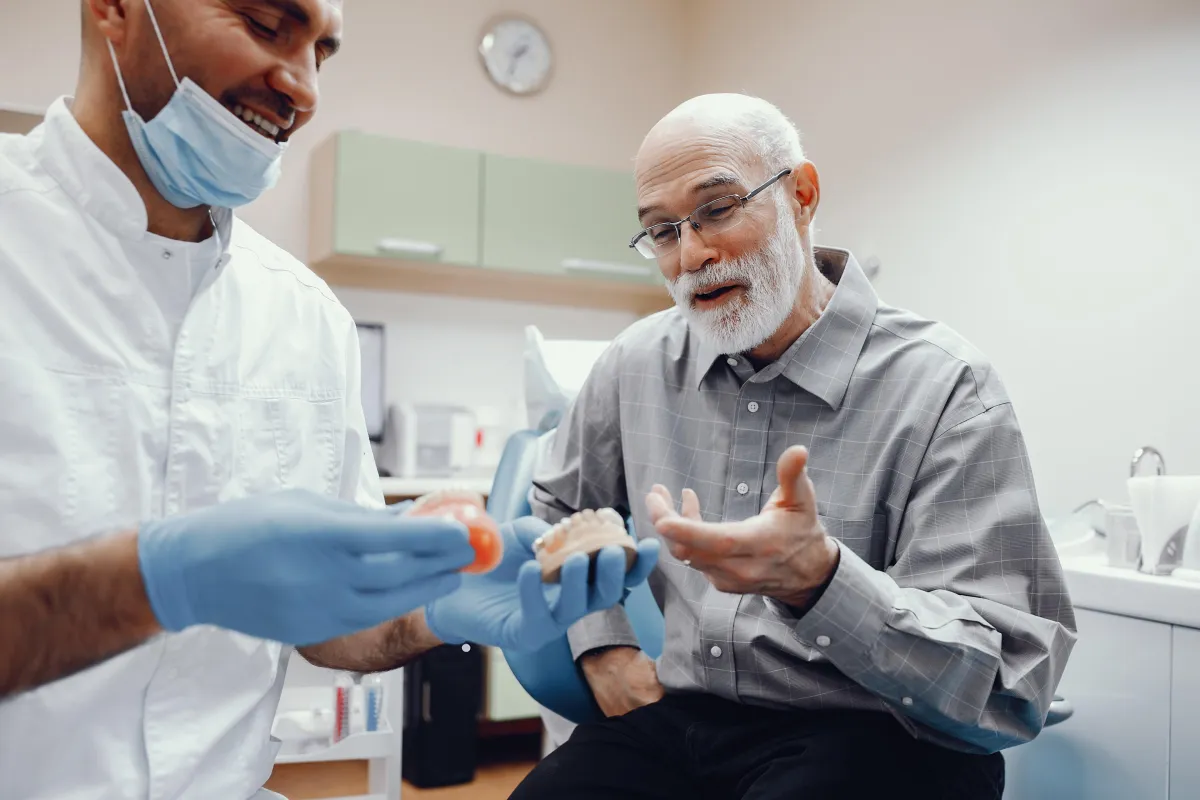Blog

Why did my dental implant fail?
Why did my dental implant fail?
When dental implants fail, it can be disheartening and concerning. There are several reasons why this unfortunate event may occur, but it's important to remember that prevention is key. By understanding the causes and taking necessary precautions, we can minimize the chances of encountering failed dental implants.
Firstly, inadequate osseointegration is a common reason behind implant failure. This refers to the improper fusion of the implant with the surrounding jawbone. It could be due to factors such as insufficient bone density or improper surgical techniques. To prevent this, thorough pre-implant evaluation and planning are crucial in determining whether a patient's bone structure is suitable for successful osseointegration.
Secondly, peri-implantitis can lead to implant failure. This condition involves inflammation of the tissues surrounding an implant which can ultimately result in bone loss and loosening of the implant. Maintaining good oral hygiene practices, such as regular brushing and flossing around implants, along with routine professional cleanings is essential in preventing peri-implantitis.
Lastly, occlusal overload or excessive biting forces applied on a dental implant can cause damage and looseness over time. It is imperative for patients to be aware of proper bite alignment and avoid habits like teeth grinding or clenching that can put undue stress on their implants.
If an implant becomes loose, seeking immediate professional attention is crucial. Ignoring a loose implant can further worsen the situation and increase potential complications. An experienced dentist will assess the situation by conducting a thorough examination using diagnostic tools like X-rays to understand the cause behind its instability.
Remember that each case may differ based on individual circumstances; thus, consulting with your dentist regarding the next steps specific to your situation would be highly advisable. Prompt action will not only help address any discomfort but also ensure better long-term outcomes for your oral health.
In conclusion, while failed dental implants can be distressing for patients, understanding the reasons behind their occurrence, and taking preventative measures are essential. Timely intervention by dental professionals is crucial if an implant becomes loose, as it allows for prompt evaluation and appropriate treatment to restore stability and function. Your dentist will guide you through the next steps, ensuring your comfort and overall well-being throughout the process.
© 2024 Madison Family Dental. All rights reserved. | ADA Policy | Blog


